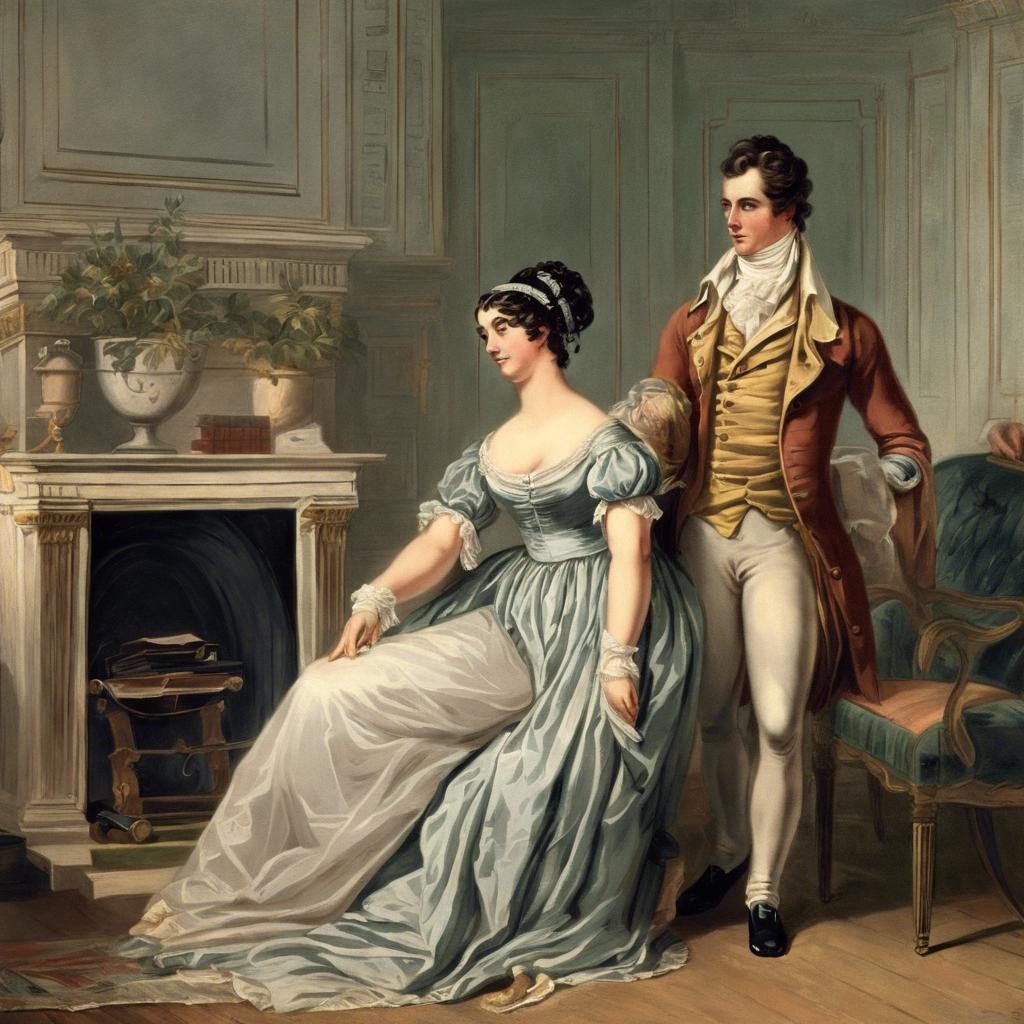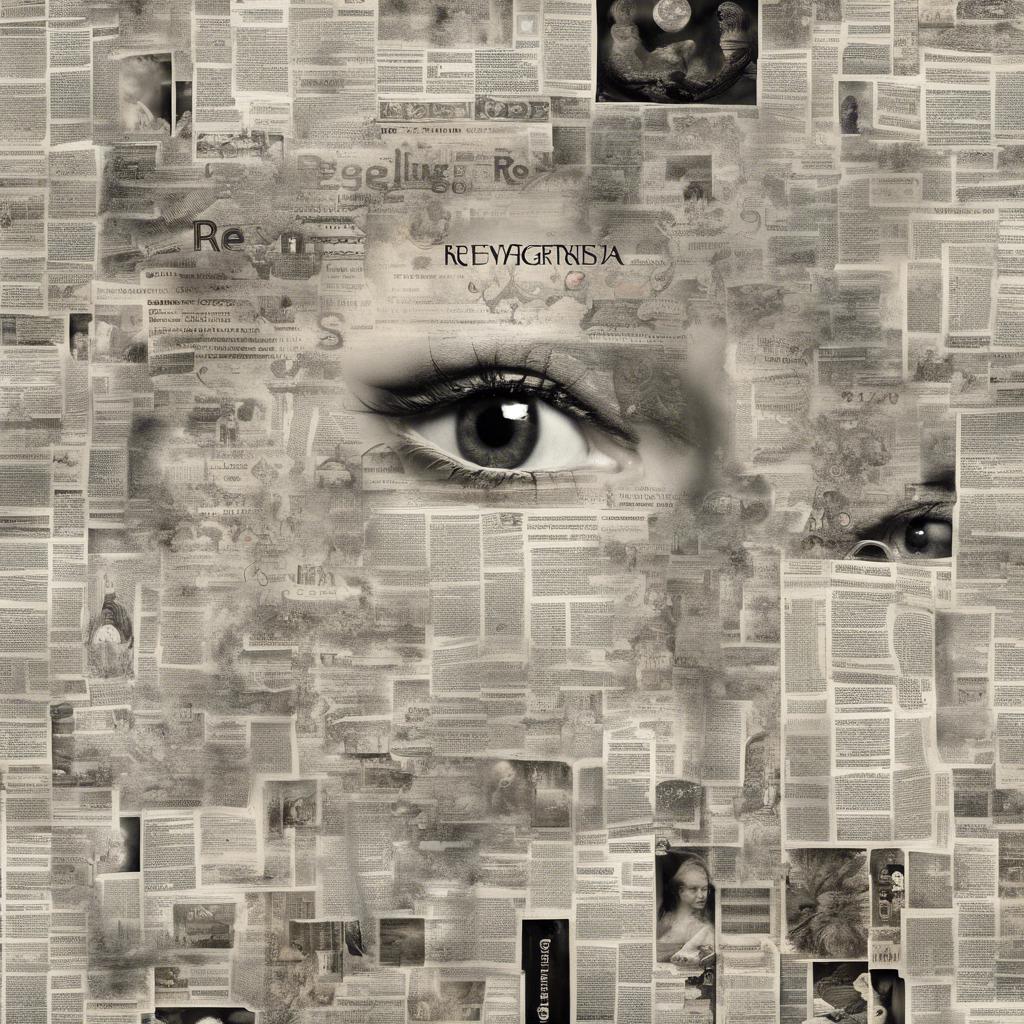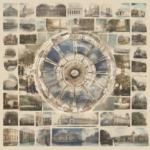During the Regency Era, a period spanning from 1811 to 1820, a distinct language emerged that shaped the way individuals communicated and interacted. From revered titles to playful slang, Regency era words not only reflect the customs and culture of the time, but also provide insight into the intricate social hierarchy of society. In this article, we will delve into the rich lexicon of the Regency era, exploring the linguistic nuances that defined this fascinating period in history.
Step Into the World of Cheryl Bolen
Dive into the enchanting stories of love, intrigue, and elegance set in the Regency Era. Cheryl Bolen's novels offer timeless romance and captivating tales that will leave you wanting more.
Explore Cheryl Bolen's Books Now
Introduction to Regency Era Vocabulary
In the Regency era, a time defined by elegance and sophistication, the language used reflected the refined nature of society. Understanding the vocabulary of this period can offer insights into the culture and customs of the time. Here, we explore some key words and phrases from the Regency era that are worth knowing.
Beau: A fashionable and sophisticated man who paid great attention to his appearance and manners. Beaus were often seen as the epitome of style and charm.
Almack’s: A prestigious social club in London that was exclusive and highly sought after. Attendance at Almack’s was a symbol of status and social standing among the elite of Regency society.
Common Regency Era Words and Phrases Explained
In the Regency era, there were many words and phrases that were commonly used but may be unfamiliar to modern readers. Understanding these terms can provide valuable insight into the language and culture of the time.
Some common Regency era words and phrases include:
- Beau: A fashionable and dashing man.
- Bluestocking: An intellectual or academic woman.
- Rake: A man who is charming but morally dubious.
- Almack’s: A prestigious social club in London.
By familiarizing yourself with these terms, you can better appreciate the literature and history of the Regency era. Whether you’re reading the works of Jane Austen or exploring the world of Regency romance, understanding these words and phrases will enrich your experience and give you a deeper understanding of the time period.
Elegant Diction: How to Incorporate Regency Era Words into Your Writing
During the Regency Era, there was a particular charm and elegance associated with the language used in writing and speech. By incorporating Regency Era words into your writing, you can add a touch of sophistication and authenticity to your work. Here are some tips on how to infuse your writing with the elegance of the Regency Era:
- **Expand Your Vocabulary**: Familiarize yourself with the unique vocabulary of the Regency Era, including words like “dearest,” “charming,” ”divine,” and “gallant.”
- **Use Polite Expressions**: Incorporate polite expressions commonly used during the Regency Era, such as “I beg your pardon,” “pray tell,” and “most obliged.”
- **Embrace Formality**: Embrace the formal tone of Regency Era communication by using phrases like “perchance,” “indeed,” and “verily.”
Recommended Resources for Learning Regency Era Vocabulary
For those interested in expanding their vocabulary and immersing themselves in the language of the Regency Era, there are several recommended resources that can aid in this endeavor. Dive into the world of Jane Austen novels and period dramas with these valuable tools:
- Lexicons and Dictionaries: Look for specialized dictionaries or lexicons that focus on the language used during the Regency Era. These resources can provide definitions, explanations, and examples of how certain words were used in context.
- Period Literature: Reading literature from the Regency Era is a great way to familiarize yourself with the vocabulary and writing style of the time. Works by Jane Austen, Mary Shelley, and Lord Byron can offer a wealth of insight into the language of the period.
- Online Resources: Websites dedicated to the Regency Era often feature glossaries, articles, and forums where enthusiasts can discuss and learn about the language of the time. These online communities can be invaluable for those looking to expand their vocabulary.
In addition to these resources, consider joining a book club or discussion group focused on Regency literature. Engaging with others who share your interest in the period can provide a supportive and enriching environment for learning and exploring the language of the Regency Era.
| Resource | Description |
|---|---|
| Regency Era Lexicon | A comprehensive guide to the vocabulary of the Regency Era, with definitions and examples. |
| Jane Austen’s Novels | Immerse yourself in the language of the time by reading works by this iconic author. |
| Regency Era Forums | Join online communities to discuss and learn more about the language and culture of the period. |
In Conclusion
the Regency era brought about a plethora of unique and colorful words that have continued to intrigue and captivate us to this day. From the elegant and refined language of the upper classes to the colorful slang of the lower classes, the vocabulary of the Regency era offers a fascinating window into the social and cultural milieu of the time. By exploring and embracing these words, we can gain a deeper understanding of the rich tapestry of language that has shaped our past and continues to influence our present. As we bid adieu to this exploration of Regency era words, let us carry forth this linguistic legacy with reverence and appreciation for the beauty and complexity it embodies.


